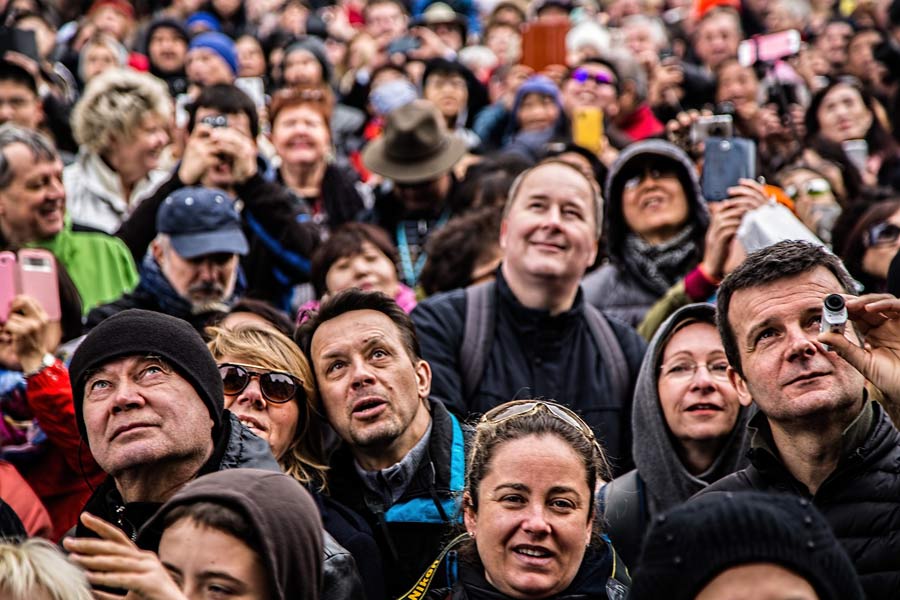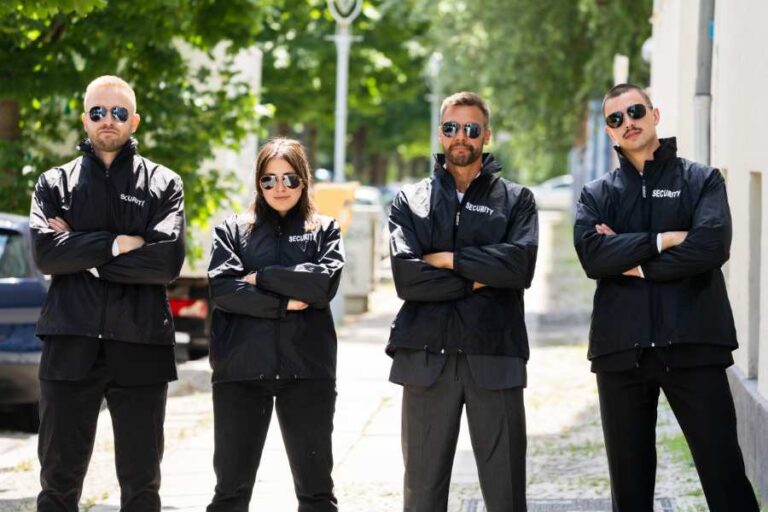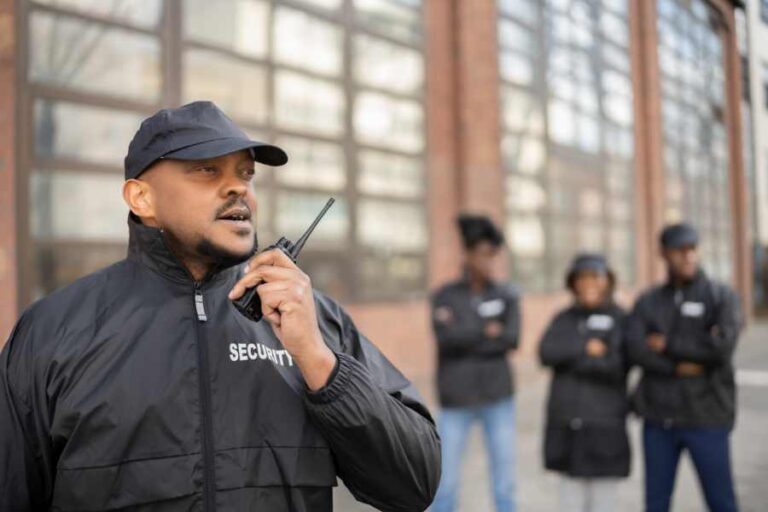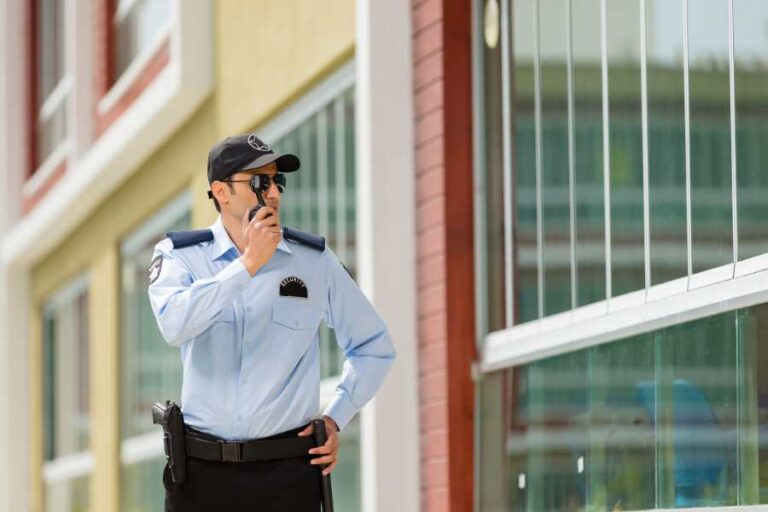What Are The Benefits Of Crowd Management
Event’s that attract a crowd requires a Crowd Management Plan & Procedures in place
Whether the event is a major festival, an artist signing or a sporting event, lots of people gathering in the same place creates risks that can have dangerous and even fatal consequences if not controlled or planned correctly, this is where crowd management comes in.
If you need Security or Crowd Management for your event, contact our team today or give us a call at 020 8087 0115.
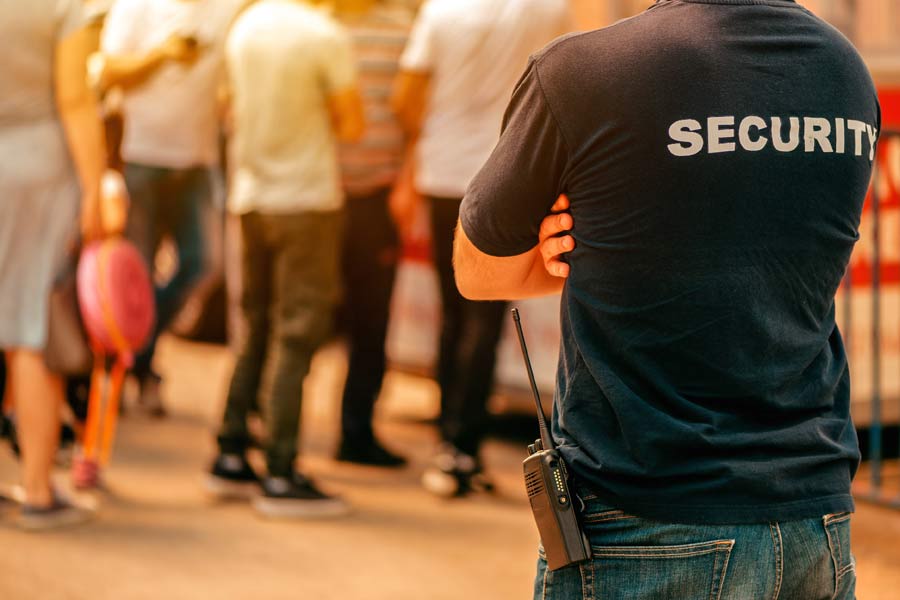
Why is crowd management required?
Being in a crowd creates a number of situations and behaviours in people in which they wouldn’t act regularly themselves. This mentality can lead to dangerous situations if not kept in check by experienced crowd management controls. For instance, if a crowd is particularly boisterous, others may be incited by the atmosphere and energy, and violence can soon follow.
There have been all too many stories about eager and impatient crowds pushing to get closer to the stage and creating a crush that leads to people dying in horrible circumstances, and to prevent this, a clear crowd control programme needs to be in place.
- Prevention of Crowd Misbehaviour
- Control of Movements
- Prevention of Crowd Surges, Crushes and Violence
- Protect life and fulfil Duty of Care requirements for Event Goers

What are the benefits of crowd management?
Firstly effective crowd management helps to ensure the safety of those at an event from the guests, the staff, the contractors and the performers. When an event is taking place, everyone in the venue should be able to enjoy the event without worrying about their safety.
The results of a poor/absent crowd management plan can be disastrous; people can be injured and lives can be lost. Even if an event is poorly managed but nobody is hurt, it may not bode well for future events; people may have less trust in a venue, and sanctions can be imposed for poor management.
Everything from queues to the crowd during a gig needs to be managed and planned with contingencies. If you have ever been to an event where there are major queues and barriers have been breached, you will be able to understand how frustrating and dangerous of a situation can cause. With a Crowd Management Plan and Contingency Plans, most Crowd issues can be solved.
What is involved in crowd management?
There are various factors involved in creating a crowd management plan;
Planning
The planning of a crowd management plan is paramount, and it will require input from numerous people in order to be as good as it can be. The people that must be consulted include:
- Event contractors
- Event Stewards and Security
- Local transport providers
- Emergency services
- Venue Management
- Nearby businesses or residents that may be affected by the event
- Risk assessment
The entire venue should be assessed for things that may pose a hazard, whether that’s a fire hazard or general safety issue. Any hazards should be recorded and measures should be taken before the event proceeds. Your event should categorically not proceed unless a thorough risk assessment has been carried out.
Crowd behaviours & Capacities
Event Managers need to be aware of how many people the venue is expecting for the event and the maximum capacity of the venue or space being used. For example, ticketed events, it’s critical that an appropriate amount of tickets are sold as overselling can lead to overcrowding, which can be dangerous for a number of reasons.
There will need to be a contingency plan in place in case of the number of attendees exceeds the capacity of the venue. One of the most important factors in such a scenario is the ease by which people can get out of the venue, should they need to; particularly wheelchair users and small children. Clear, well-lit and unobstructed exit routes should be available at all times.
Different types of crowds can display different types of behaviour that these behaviours can be prepared for. Think about what is happening at the venue; if it’s a gig, people might push forward when a leading song comes on, or when the headliner comes to the stage. Being prepared for these scenarios can be the make or break of your event
There are two types of important communication when it comes to crowd management: communication between staff and communication to guests. For the staff, what’s most important is the way the messages are delivered; walkie-talkies are the most reliable and effective way of communication. Good Radios can ensure clear and precise information is relayed to staff on the ground in real-time.
Communication
Make sure all staff involved in the event are briefed fully on the working of the event. This can include show timings, emergency procedures, radio callsigns and code words, ticketing procedures, searching procedures and many more.
Once an event has finished, be sure to have a debrief on what went well, or what didn´t. make notes on things that went well and how to improve on things that didn’t. Only with this information are you able to build on your event to make the future bright and flourish.
For more information or to discuss your Crowd Management needs please contact us
020 8087 0115

